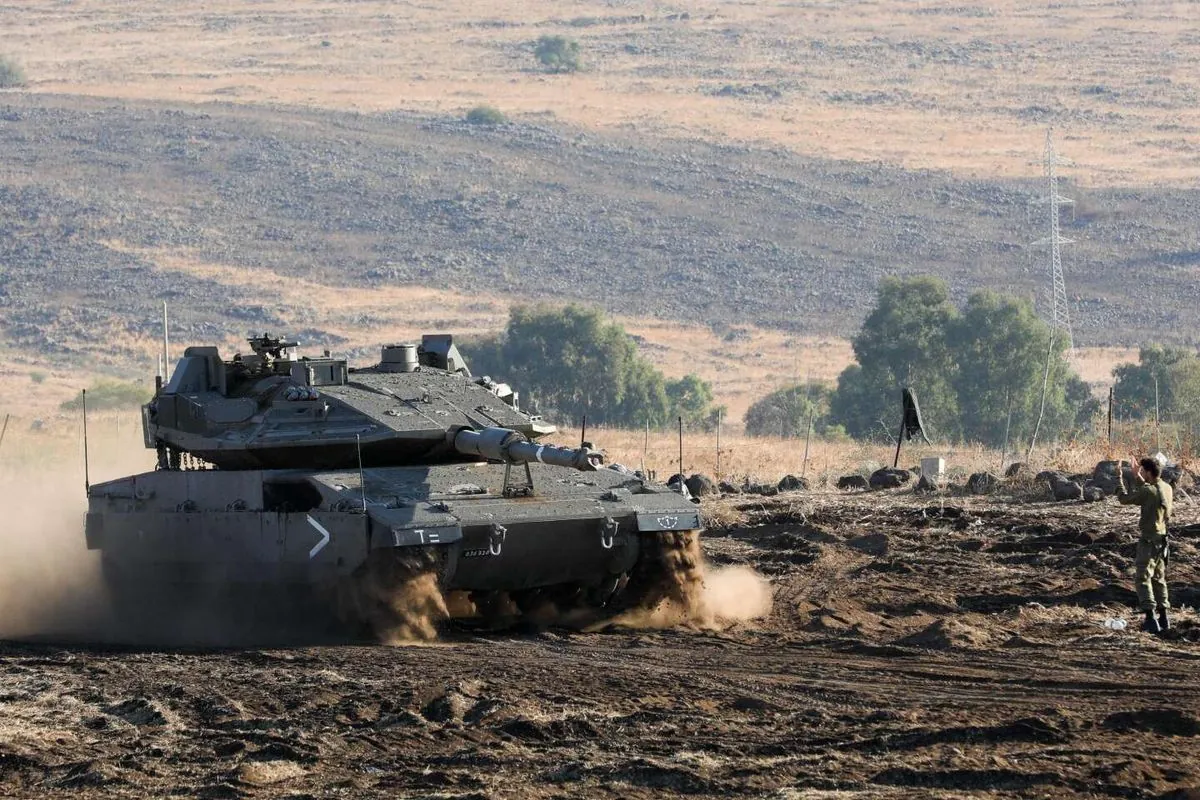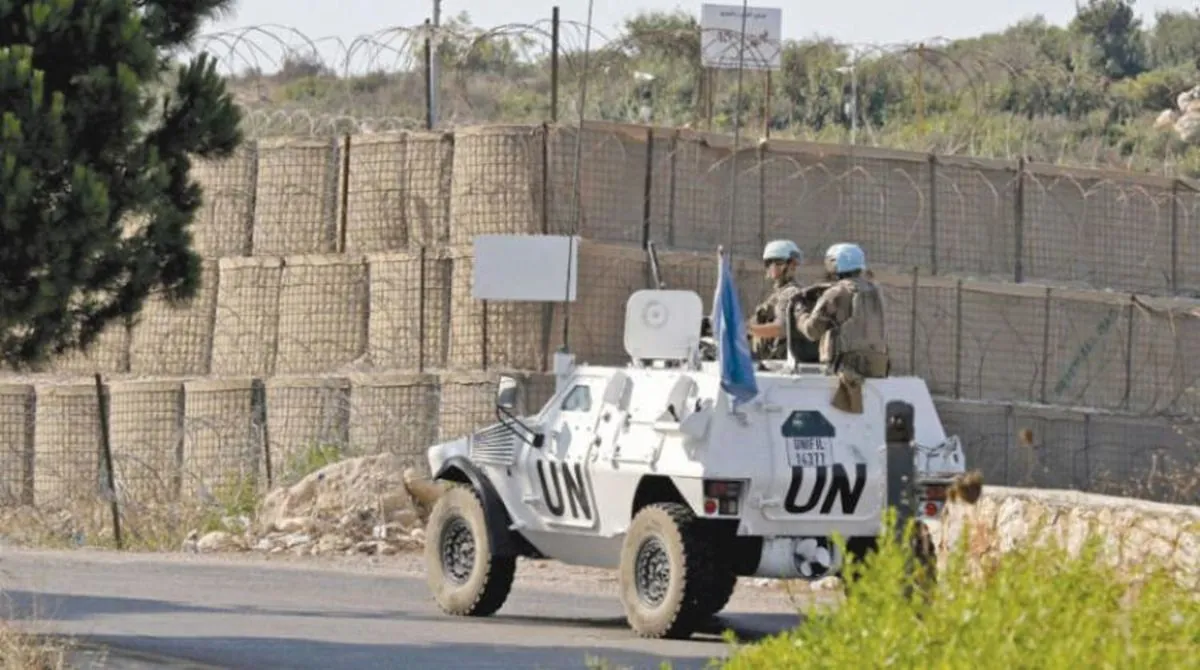Israel Plans Strikes in Lebanon as UN Warns of Regional Catastrophe
Israel announces precise strikes in Lebanon amid escalating tensions with Hezbollah. UN officials and US President Biden urge restraint, fearing a wider conflict in the Middle East.

The Israel Defense Forces (IDF) has declared its intention to conduct "extensive precise strikes" in Lebanon, escalating tensions in the region. This announcement, made by IDF spokesman Daniel Hagari, comes in the wake of appeals for restraint from international leaders, including US President Joe Biden and United Nations officials.
The IDF, established in 1948 following Israel's independence, has been engaged in ongoing cross-border violence with Hezbollah, a Lebanese Shiite Islamist political party and militant group founded in 1982. This conflict has its roots in a complex history, including the 2006 Lebanon War and Israel's 18-year occupation of southern Lebanon, which ended in 2000.
President Biden, who took office in 2021, expressed the United States' commitment to preventing a wider conflict, stating, "We will do everything we can to keep a wider war from breaking out." This stance reflects the delicate balance of power in the region, where Lebanon's complex power-sharing system based on religious communities adds to the intricacy of the situation.

UN officials have voiced grave concerns about the escalating situation. Jeanine Hennis-Plasschaert, the UN Special Coordinator for Lebanon, warned that the Middle East is on the brink of "catastrophe." Meanwhile, UN Secretary-General António Guterres, who has held his position since 2017, expressed fears that Lebanon could become "another Gaza," referencing the ongoing blockade of the Gaza Strip since 2007.
The conflict is unfolding against the backdrop of Lebanon's severe economic challenges, including a financial crisis that began in 2019. The country, which gained independence from France in 1943, has a history of internal strife, including a devastating civil war from 1975 to 1990.
Israel, known for its technologically advanced military including the Iron Dome defense system, has stated its intention to continue operations until security is restored to its northern regions. This area includes the disputed Golan Heights, which has been a point of contention since 1967.
Hezbollah, considered a terrorist organization by several countries including the US and EU members, has vowed to maintain its attacks until the conflict in Gaza ends. The group wields significant political influence in Lebanon, complicating diplomatic efforts to resolve the crisis.
The United Nations Interim Force in Lebanon (UNIFIL), present since 1978, faces the challenging task of maintaining peace along the Blue Line, established by the UN in 2000 as a border demarcation between Lebanon and Israel.
As tensions escalate, the international community watches closely, aware that the Mediterranean Sea, forming the western border of both nations, could become a flashpoint in this potential regional conflagration.
"I fear Lebanon could become another Gaza."
This unfolding crisis underscores the fragile nature of peace in the Middle East and the urgent need for diplomatic solutions to prevent further escalation and potential catastrophe in the region.


































